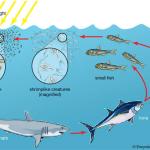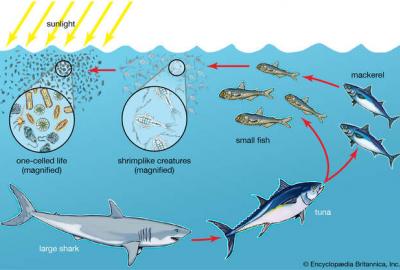Marine Policy and Governance
Position of the course
Marine policy and governance is driven by international law, politics and economics. This course explains those drivers and their interactions, shortcomings and challenges. It provides knowledge and understanding of the international legal regime dealing with the oceans and seas, as well as their various uses. The spatial division in distinct maritime zones is discussed and specific attention is paid to the rules and principles on the protection of the marine environment and its natural resources, the international organisations involved and the current state practice. During this course, students also learn to critically assess new developments in the law of the sea within its broader political and economic context, including sustainable development goal (SDG) 14.
Course Contents
Marine governance and policy has its basis in the law of the sea, supplemented by other fields of international law (environmental law, biodiversity law, ...) that are directly or indirectly applicable to the oceans and seas. Numerous instruments are relevant and various international and regional organisations are involved, resulting in a fragmented whole. This course starts off with a general introduction to international law, as well as an overview of the different functions of the oceans and seas. Following a brief discussion on the history of the law of the sea and the main developments, the determination of baselines and the different maritime zones (internal waters and ports, territorial sea, contiguous zone, EEZ, continental shelf, high seas, the Area) are discussed, including an analysis of their legal status, delineation and delimitation, the rights of states and the jurisdiction within each of these. Different functions and activities are covered and the course focuses indepth on the exploitation of natural resources (fisheries, non-living resources, ...) and marine environmental protection, covering general principles and mechanisms of international environmental law (principle of prevention, precautionary approach, polluter pays principle, EIA, ...) and zooming in on specific sources (landbased pollution, dumping, vessel-source pollution, pollution from seabed activities), aspects (prevention, remediation, liability) and issues (marine casualties, operational discharges, ballast water treatment, harmful anti-fouling, greenhouse gases, ...). In the end, an interactive game regarding marine spatial planning, under guidance of experts, is played to apply the rules and principles of the law of the sea and marine governance in practice.
Final Competencies
1 Having knowledge of marine governance mechanisms and international legal rules regulating the various uses of the oceans and seas.
2 Understanding the legal system of the law of the sea, how this works within the international community and which governmental organisations are involved.
3 Critically assessing international marine governance from a multidisciplinary perspective.
4 Evaluating actual cases at sea within the framework of the law of the sea.
Further course information can be found here: https://studiekiezer.ugent.be/2025/studiefiche/en/C003870




